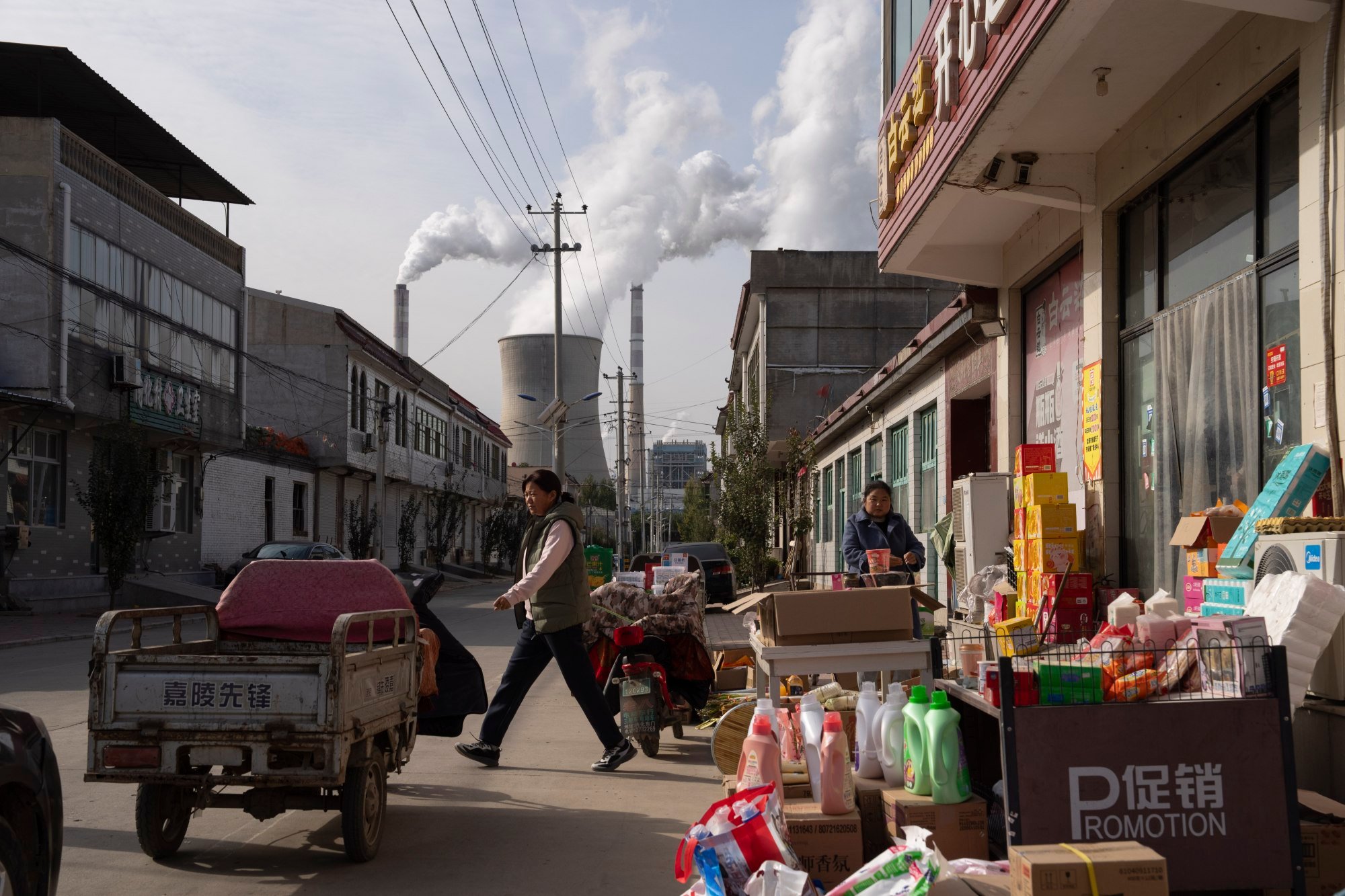
Investments in Chinese climate-tech firms expected to grow ‘significantly’ amid pivot to low-carbon economy: Deloitte

Investments into Chinese climate technology companies is expected to grow “significantly” as the world’s largest greenhouse-gas emitter pivots towards a low-carbon economy to drive the next phase of growth, according to consultancy Deloitte.
Funding received by climate-tech companies in China accounted for 32.5 per cent of the global total as of the end of July, having more than doubled from 15.1 per cent in 2020, according to data provided by Deloitte’s climate-tech-focused unit GreenSpace Tech and market data provider Pitchbook.
China’s percentage of this investment is expected to grow in the future, Mohit Grover, Deloitte China Hong Kong climate and sustainability leader, said.
“It’s very clear that China has a large economic transformation happening that is pivoting towards a low-carbon economy,” Grover said in an interview. “There is a lot of interest from financial institutions and various organisations having the need to invest in future climate technologies. We absolutely expect this to grow significantly.”
Guohua Power Station, a coal-fired power plant, operates as people sell items on a street in Dingzhou, Baoding, in northern China’s Hebei province. Photo: AP
From 2000 to 2022, around 2,400 climate tech companies were founded, 9,000 funding deals were made, and US$148 billion was invested in these firms, according to a Deloitte report released in November.
The analysis draws on data on more than 2,600 climate tech companies compiled by GreenSpace Tech as of 25 August 2023.
Investment data from Pitchbook, covering announced investment deals completed from January 1, 2000 to July 31, 2023, including pre-seed or seed funding, as well as early-stage or later-stage venture capital, was also included in the analysis.
“Climate tech has been rolling out, and countries have been getting involved in driving the technological changes because the acceleration of decarbonisation has been happening in a much more consistent way than before,” Grover said.
Cop28: learn from China on climate action – underpromise and overdeliver
Around 7 per cent of the world’s climate-tech companies are based in China, according to the report.
“A lot of the investments in new technologies are happening in sectors like energy and transport,” Grover said.
Four of the top five climate technologies adopted by the companies in China were related to energy and transport, according to the report.
Short-duration energy storage accounted for the largest share of climate-tech companies at 41.7 per cent, while long-duration energy storage accounted for 7.8 per cent and solar for 4.4 per cent. Climate tech related to passenger vehicles accounted for 11.2 per cent.
China is expected to have a total new energy storage capacity of more than 50 gigawatts (GW) by 2025, according to a report released in March, as the country expects energy storage to boost renewable energy consumption while ensuring a stable power supply.
However, other sectors like agriculture and heavy industries, which have significant greenhouse gas contributions, remain in need of transformation, Grover said.
China’s power sector could reach peak emissions by 2025: climate report
“While the first phase of development has focused on energy and transformation, we believe newer sectors like agriculture and food and heavy industries will come in and drive further uplift of funding and innovation in these areas,” he said.
“[Climate tech] is clearly becoming a priority in Hong Kong as well,” he said. “That can enable the connection to the global technologies and global funding that is probably needed to support the low-carbon transition.
We believe there are many more innovative companies and climate tech start-ups both in the mainland and in Hong Kong.”



